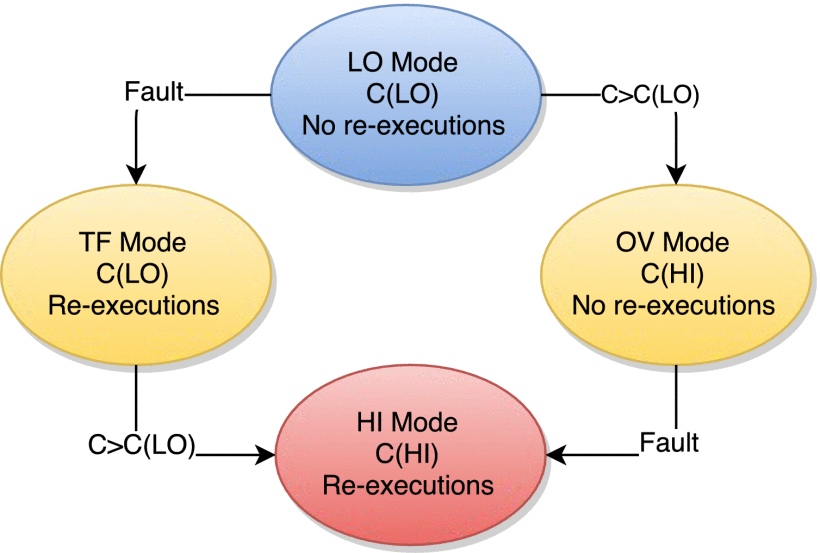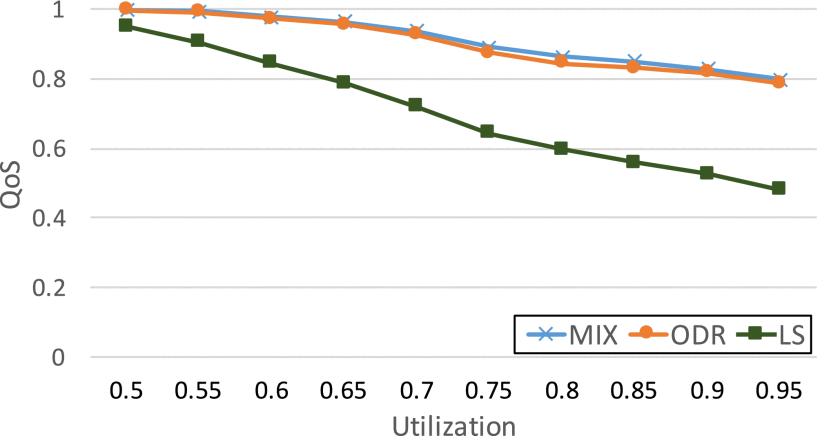EDITORIAL
The ReSMiQ management team is preparing the 2017 annual report, which will be ready for the annual general meeting of the members, as well as for the annual meeting of the Board of Directors of the Center to be held during the month of May 2018. These activities will allow us to take stock of the past year and focus on future directions. So to disseminate our results and encourage our student researchers, ReSMiQ organizes its annual symposium to be held on May 18th.
To meet the expectations of the FRQNT, we compile the major infrastructures and laboratories under the direction of the members of ReSMiQ to enrich the annual report and the website of the Center. Our members are invited to give us the name of their laboratory by April 5th. As for the annual symposium, the program will be posted online in the next few days and students have until April 9th to submit their proposals for contributions to the poster competition. We serve our members and promote the conditions for student researchers to go the extra mile to innovate.

We are also pleased to announce that ReSMiQ has a new member, professor Sharmistha Bhadra of the Electrical and Computer Engineering Department at McGill University. Her research interests lie in the areas of printed and flexible hybrid electronics, micro/nanoelectronics, and RF/microwave circuits and systems.
ReSMiQ is a group of researchers in an interuniversity research center that can count on the support of the Fonds de recherche du Québec – Nature et technologies (FRQNT) and nine (9) Quebec universities involved in microsystems research.
NEWS FROM OUR MEMBERS
Achievements
– Dr. Zhu from Concordia U. received a collaborative research and development grant (CRD) from NSERC entitled Deep Neural Network-based Speech Enhancement for Robust Speech Recognition in Smart Home Device in partnership with the company Microsemi Semiconductors in Ottawa.
RESMIQ’S ACTIVITIES

Upcoming Seminar
 Speaker: David Stoppa, AMS, Switzerland
Speaker: David Stoppa, AMS, Switzerland
Title: Time of Flight 3D Sensing and Imaging: detectors, readout circuits and data processing
Place: Polytechnique Montréal, Pavillon Lassonde, L-2712
Time: 10:00 am tp 12:00 noon
Abstract and biography
Scientific poster competition
APPLICATION DEADLINE: April 9, 2018
More details
NEWS FRON THE NET
A New Wearable Brain Scanner: A helmet records wearers’ brain activity using magnetoencephalography (MEG) while they move around. More details
Organ-on-Chips get smart and go electric: Human Organs-on-Chips technology has been enhanced to non-invasively report cells’ health, electrical activities and differentiation status. More details
To Speed Up AI, Mix Memory and Processing: New computing architectures aim to extend artificial intelligence from the cloud to smartphones. More details
Low-cost wearables manufactured by hybrid 3D printing: New method combines precision printing of stretchable conductive inks with pick-and-place of electronic components to make flexible, wearable sensors. More details
Carbon Nanomaterials Could Push Copper Aside in Chip Interconnects: The days of copper interconnects are numbered and carbon nanomaterials are poised to take up the job. More details
Intel’s 49-Qubit Chip Shoots for Quantum Supremacy: Intel’s new superconducting quantum chip called Tangle Lake has enough qubits to make things very interesting from a scientific standpoint. The company has passed a key milestone while running alongside Google and IBM in the marathon to build quantum computing systems. More eétails
SIGNAL is the main monthly information medium of the Microsystems Strategic Alliance of Québec (ReSMiQ). This newsletter aims to be an active link between the members of ReSMiQ and all individuals who have an interest in research and innovation in microsystems. We commit ourselves to promote in it our members’ research and increase ReSMiQ’s visibility.
ReSMiQ is a group of researchers in an interuniversity research center that can count on the support of the Fonds de recherche du Québec – Nature et technologies (FRQNT) and nine (9) Quebec universities involved in microsystems research.



 Brett Meyer received his Ph.D. degree in Electrical Engineering and Computer Engineering from Carnegie Mellon University, Pittsburgh, USA. He is currently an Associate Professor in the Department of Electrical and Computer Engineering at McGill University, Montreal, QC, Canada. His research interests include the design and architecture of resilient multiprocessor computer systems, the algorithms for automatically designing and optimization machine learning hardware and software, and the cybersecurity for automotive and aerospace systems. Prof. Meyer’s research has been recognized with Best Paper awards and nominations in several conferences. He has also served on the Technical Program Committees of many international conferences. He has filed one patent and published more than 40 papers in peer review journals and conferences proceedings.
Brett Meyer received his Ph.D. degree in Electrical Engineering and Computer Engineering from Carnegie Mellon University, Pittsburgh, USA. He is currently an Associate Professor in the Department of Electrical and Computer Engineering at McGill University, Montreal, QC, Canada. His research interests include the design and architecture of resilient multiprocessor computer systems, the algorithms for automatically designing and optimization machine learning hardware and software, and the cybersecurity for automotive and aerospace systems. Prof. Meyer’s research has been recognized with Best Paper awards and nominations in several conferences. He has also served on the Technical Program Committees of many international conferences. He has filed one patent and published more than 40 papers in peer review journals and conferences proceedings. 
